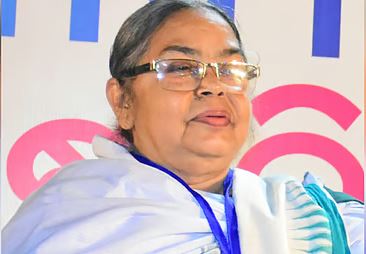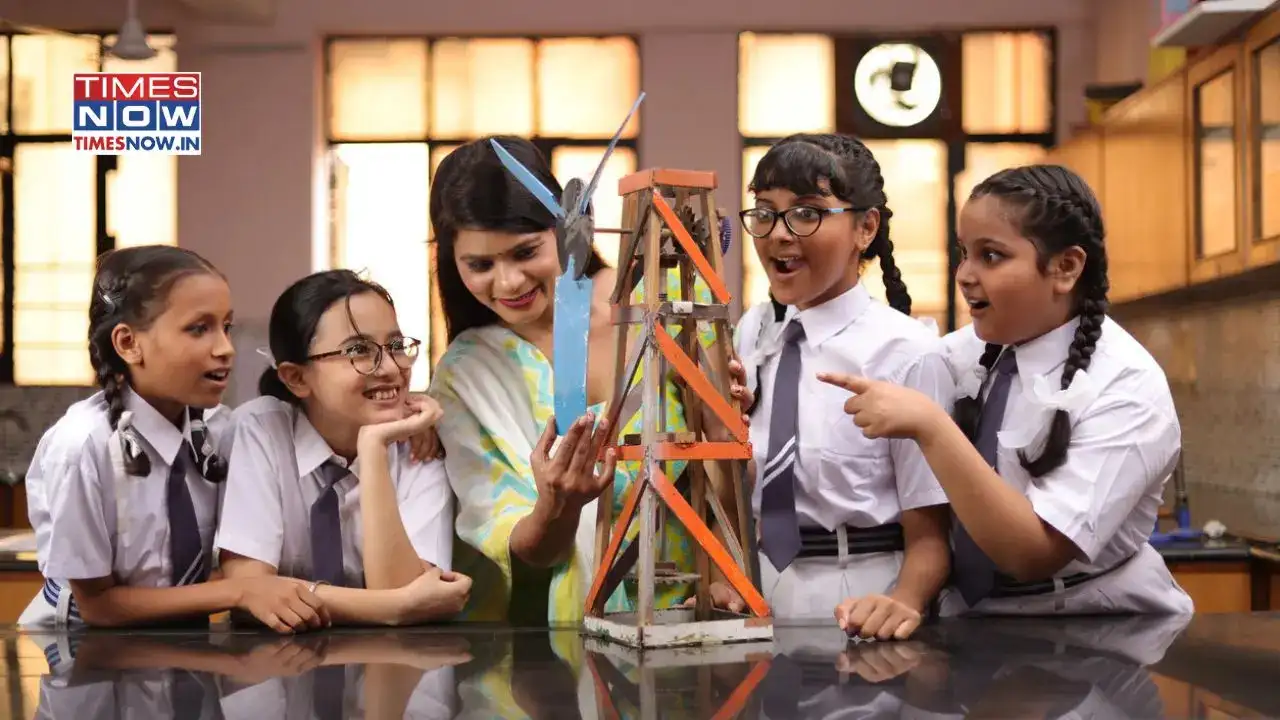Copyright news18

In a country where there are daily reports of children being sexually assaulted, trafficked, blackmailed, or abused — often by people they know — the recent debates about reducing the age of consent in India are deeply troubling. My main concern, as a mother of two, is that lowering the age of consent threatens the safety and well-being of our children. I am not a legal expert or policymaker, but as a parent, I feel compelled to speak out because this debate raises urgent questions about how we protect minors. This debate, that India might consider lowering the age of consent from 18 to 16, or even younger, under the pretext of “acknowledging teenage realities”, getting highlighted in newspapers and TV every day, is not just ill-conceived, it is mischievous and dangerous. To provide context for the entire debate, Indira Jaising, a senior advocate and amicus curiae, has petitioned the Supreme Court to lower the statutory age of consent under the POCSO Act from 18 to 16 years. Her argument is that the current law criminalises consensual sexual activity among adolescents aged 16 to 18, infringing on their autonomy and privacy rights. She has also referred to data showing a rise in POCSO prosecutions involving teenagers (16-18). Another point is that puberty/adolescence is changing; she claims minors are “maturing earlier than before” and therefore suggests the law doesn’t reflect social/biological realities. As reported, the Supreme Court has scheduled daily hearings on this plea to begin on 12 November 2025. Adolescence is a confusing and delicate stage of life. Young people are curious and highly susceptible to influence from peers, from the internet, and tragically, sometimes from predatory adults. The biological changes they experience are not matched by emotional or psychological maturity. Moreover, the easy accessibility to pornography and gore is leaving an impact on their minds, seeing an increase in juveniles committing sexual crimes. From the 2010 Nirbhaya case, the statistics display a shocking rise in the sexual offences involving juveniles. Reducing the age of consent would essentially be saying, “You are now mature enough to make decisions about sex,” when you still need to be mature enough to drive, cast your vote, and buy or consume alcohol. While there may have been instances where young couples, both under 18, were caught in consensual relationships, with the boy facing prosecution, this stems from poor application of the law, not from the law itself. The impact of this reduction would not only be on the female child but also across genders. What we need is sensitivity in implementation, not dilution of protection. This case and the massive media attention to it have conveniently brought back Indira Jaising in the news; the discussion is essentially opening the floodgates for predators to manipulate and commit crimes, shifting the burden of responsibility away from the perpetrators. It risks normalising exploitation. There is also an increased threat of forced early marriages, unwanted pregnancies, a rise in sexually transmitted diseases, and criminals being let off in cases of grooming young children for sexual crimes and trafficking. Reducing the age of consent will particularly harm girls from vulnerable socio-economic backgrounds. In many parts of rural India, child marriage, though illegal, continues to be practised in the name of tradition, community norms, or economic necessity. Lowering the age of consent will indirectly legitimise several of these illegal unions, making it harder to prosecute those responsible for them. There is also an increased threat of weakening of the case against adults exploiting adolescents, allowing them to escape accountability by arguing that the minor “consented.” The very intent of POCSO to ensure that every sexual act with a child under 18 is an offence, regardless of “consent,” will be diluted. This reversal of responsibility is nothing short of cruelty dressed as reform. The one big danger that we are witnessing is the impact of this very conversation being splashed across newspapers, social media, and television panels on children who are repeatedly hearing adults debating whether they are “mature enough” for sexual consent, further planting confusion and curiosity in their minds, and normalising early sexual initiation. The National Crime Records Bureau (NCRB) data shows that crimes against children have been steadily rising, with a significant rise in cases under the Protection of Children from Sexual Offences (POCSO) Act by 10.5% between 2021 and 2023. According to UNICEF and the Ministry of Women and Child Development, over 53% of Indian children have faced some form of sexual abuse, which is more than half of our children. Are we really suggesting that at a time like this, we should reduce protection instead of focusing on stricter implementation of this law with faster trials? How does this make sense to parents in our country? Children are not equipped to navigate adult complexities of relationships, consent, and power. It is our duty as parents, as citizens, and as a society to protect them until they are ready. Lowering the age of consent is not empowerment; it is abandonment. Let us not hide behind the rhetoric of “modernisation.” We see the West already facing the consequences of sowing highly debatable ideas on gender and sexual freedom into adolescent minds before their time. True progress lies in creating a safe environment for our children to grow physically, emotionally, and mentally without fear, pressure, or exploitation. Our teenagers need guidance, not freedom to fall into harm. The age of consent is not just a number; it is a line that protects innocence from exploitation. To me, as a mother, this is yet another attempt to attack the family unit. It is a mischief that is inadvertently nudging them towards premature engagement with adult issues. I can only urge society to question itself on whether we are ready for the horrifying consequences of failing to protect our children from predators more likely to misuse the laws before we debate whether our children are ready to have sex at the age of 16 legally. Today, what is being demanded is to reduce the age of consent to 16; tomorrow it would be 9 or 10 years of age, citing new realities. When did our focus as a nation move away from ensuring safety and education for our children to preparing them for sexual activity? The writer is the founder of MarketMyBook, a leading publicity and digital marketing agency. She is also the founder of The Indic Pen, a premium speaking platform on Indic ideas. She tweets @LipikaB. Views expressed in the above piece are personal and solely those of the author. They do not necessarily reflect News18’s views.



